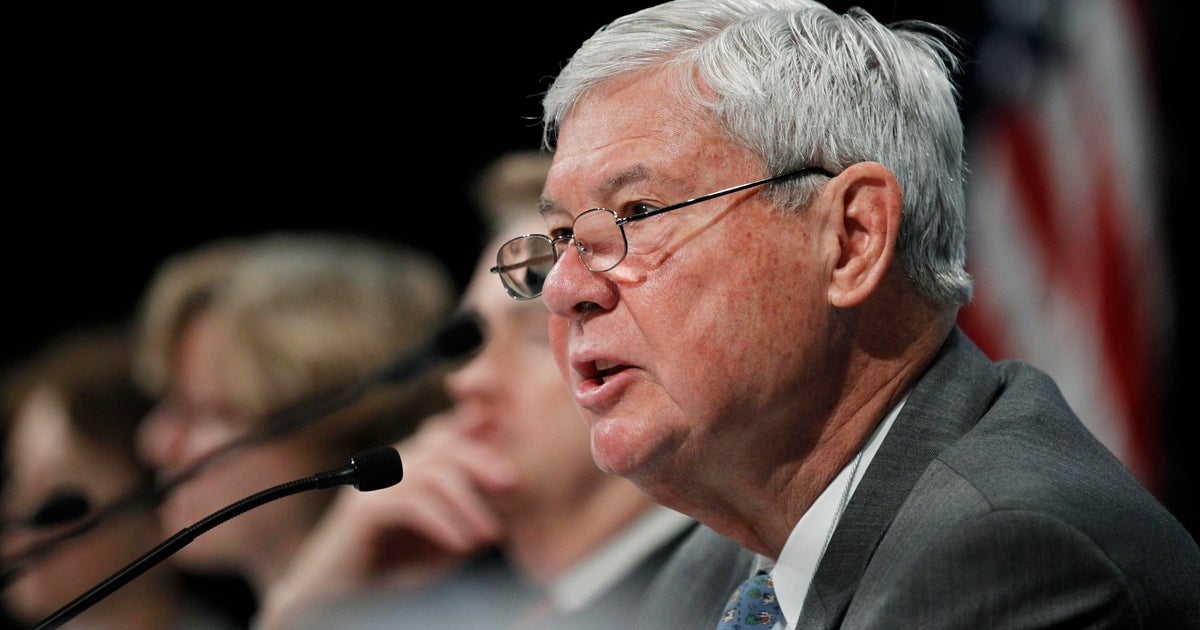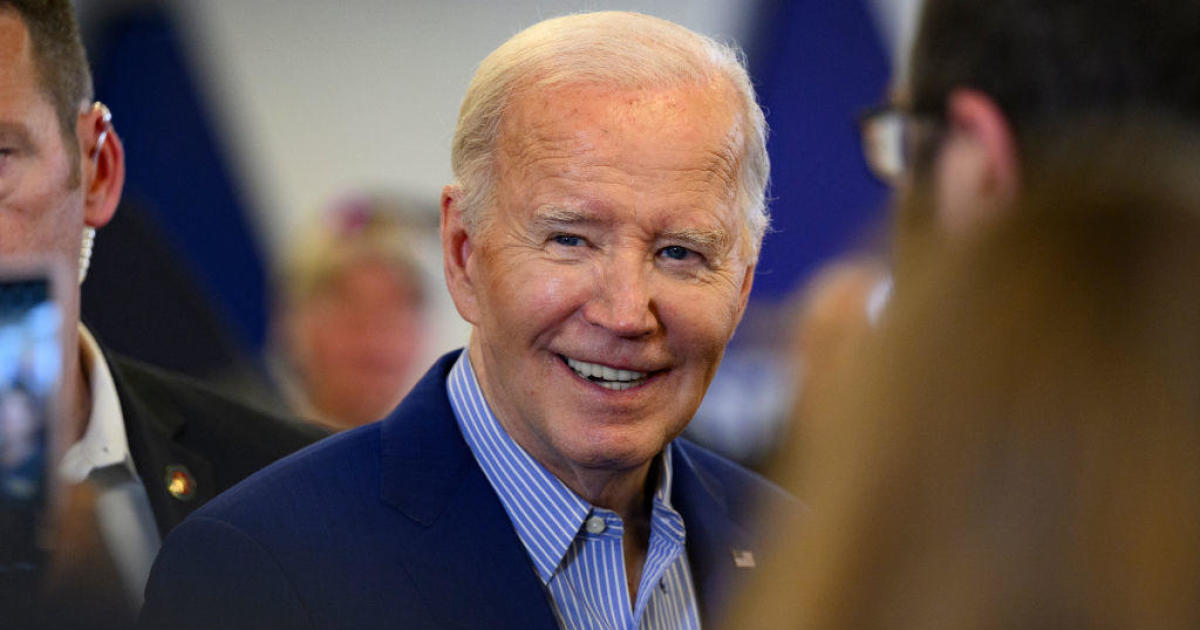Eurozone Offers Cautionary Tale To Washington
WASHINGTON (CBSMiami) – As Republicans in Congress prepare for a major fight with Senate Democrats and President Barack Obama over the economic future of the country; the eurozone is painting a very dark picture of what could lie ahead if America takes the wrong path.
According to the BBC, the overall unemployment rate in the eurozone hit a new all-time high of 11.8 percent in November 2012. Spain recorded the highest unemployment rate at 26.6 percent. A total of 18.8 million people are unemployed across the eurozone, according to the BBC.
The countries suffering the most in Europe including Greece, Spain, and Portugal have undergone massive austerity programs that have reduced sovereign debt, but at the cost of economic growth. According to NPR, the joblessness plus austerity is spiking poverty rates.
This is happening as the U.S. is beginning to address its long term debt problems. But, there is a strong partisan divide over what to do about the debt and how to address multiple layers of government spending.
Republicans favor immediate austerity and major spending cuts to everything from social programs to help the poor to Medicare and Social Security. Republicans also insist that no more revenue in the form of new taxes or tax reform may be added, a point articulated by Senate Minority Leader Mitch McConnell Sunday.
Democrats, more specifically President Barack Obama, have been willing to look at some changes to Medicare and Social Security, but not major structural changes. President Obama also said that any debt reduction deal that has spending cuts must be offset by additional revenue.
The differences are coming to a head in the coming weeks as Congress debates three crucial parts of the economic framework that could boost or cripple the economy: the debt ceiling, the sequester, and a continuing resolution to fund the government.
Republicans initially took aim at the debt ceiling as a means of extracting spending cuts. The debt ceiling is a statutory limit on the debt and must be raised by Congress every few years to meet the spending Congress has already approved in past years.
President Obama has said he will not negotiate over the debt ceiling again after the debt debacle of 2011 led to a U.S. credit downgrade. The consequences for Republicans in Congress not raising the debt limit could be catastrophic.
The government would have to rapidly decide whether to pay interest on the debt, pay Social Security benefits, pay for Medicare, Medicaid, defense spending, education, etc. In addition, federal agencies like the FBI, FAA, IRS, etc could go offline, according to the Washington Post.
Financial markets could also be sent into chaos if the U.S. defaults. U.S. debt is considered the safest in the world and if rates suddenly spiked it could hit credit cards, mortgage rates, and a range of other financial instruments used by banks, according to the Post.
That's part of the reason why some Republican leaders have backed away to a small degree on using the debt ceiling as leverage because if they took the debt ceiling hostage, they'd have to be willing to default, which banks, businesses, not to mention Democrats would fight.
Past the debt ceiling is the looming sequester, which was part of the debt ceiling deal struck in 2011. The sequester is an amalgam of cuts in equal amounts to discretionary spending and military spending. Republicans and most Democrats have vowed to avert the military spending cuts during the most fiscal cliff debate.
Overall, 20 percent of the federal budget is spent on defense, which is roughly equal to what is spent on Social Security and Medicare/Medicaid, and roughly seven percent more than is spent on so-called safety net programs, according to the Center for Budget and Policy Priorities..
In 2011, the federal government spent approximately $718 billion on defense and international security assistance which includes the wars in Iraq and Afghanistan, according to the CBPP. For comparison purposes, the U.S. spends more than the next 13 nations with the largest military spending.
If the sequester went forward and major cuts to the military were enacted, most states across the nation would be impacted and jobs would be lost. That has prompted both sides to want to avert the sequester in military spending.
Again though, Republicans and Democrats would have to agree to some form of spending cuts and tax revenue increases if both sides stick to their positions going into the sequester debate.
Finally, the government may be shutdown if a continuing resolution isn't also passed by around March. The continuing resolution would fund the government for a temporary amount of time. Congress is already making plans for how to deal with the continuing resolution, whether it be with spending cuts/austerity or tax revenue increases, etc.
The best plans in Washington have typically balanced a mix of both spending cuts and taxes to hit problems with a balanced approach. Whether that perfect balance can be found amidst the partisan gridlock currently in Congress will determine if the American economy plunges into another deep recession or continues to grow its way out of the problem.



